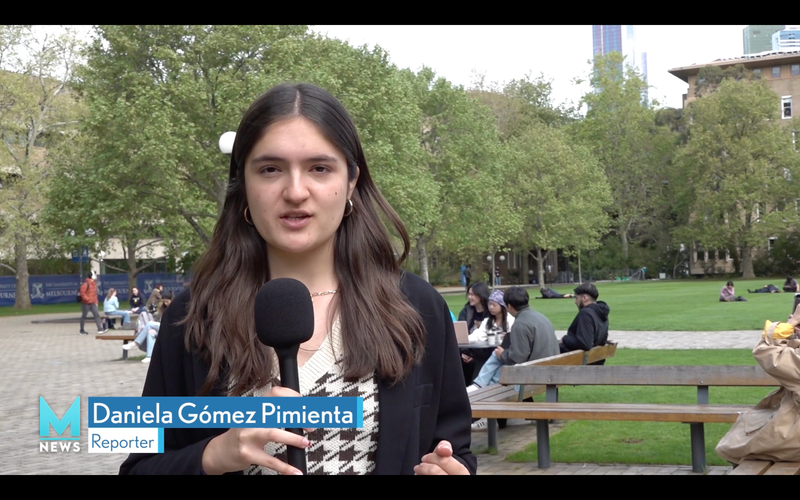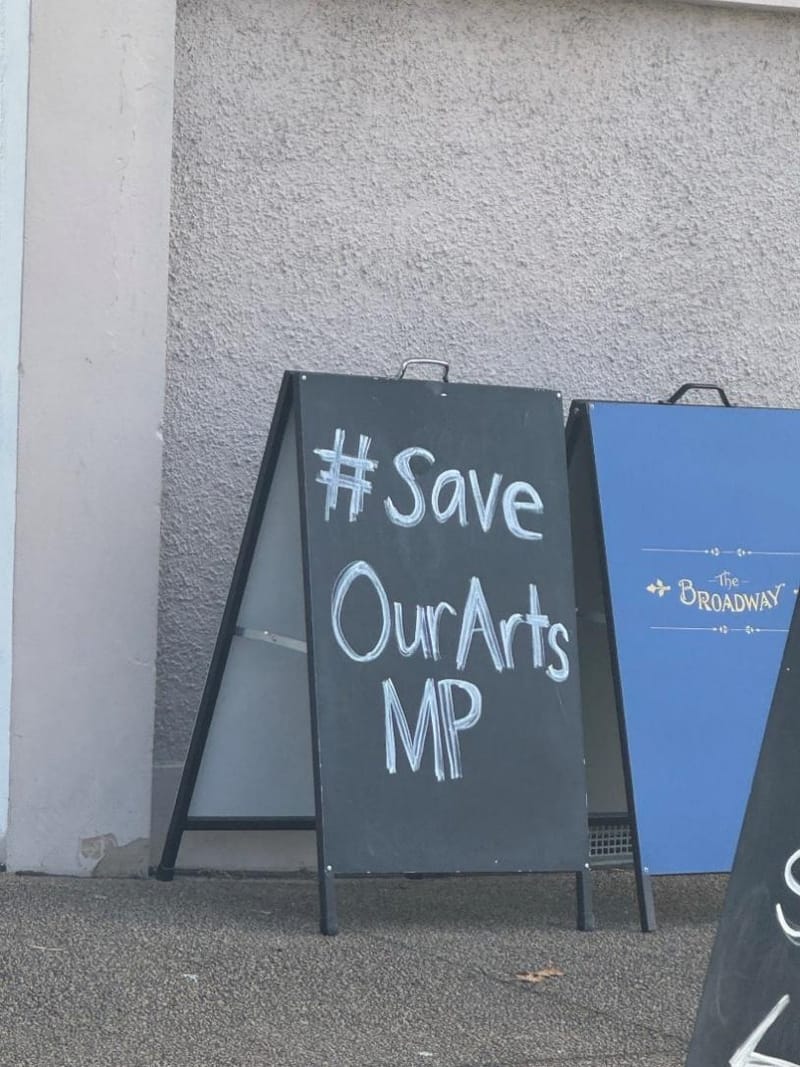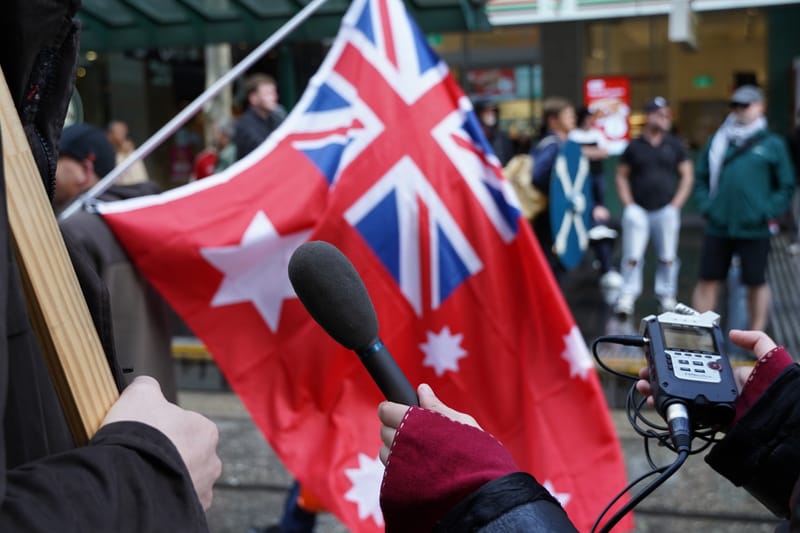Young voices reckon with potential TikTok ban
America's potential ban of TikTok has some students worried that Australia might follow suit.
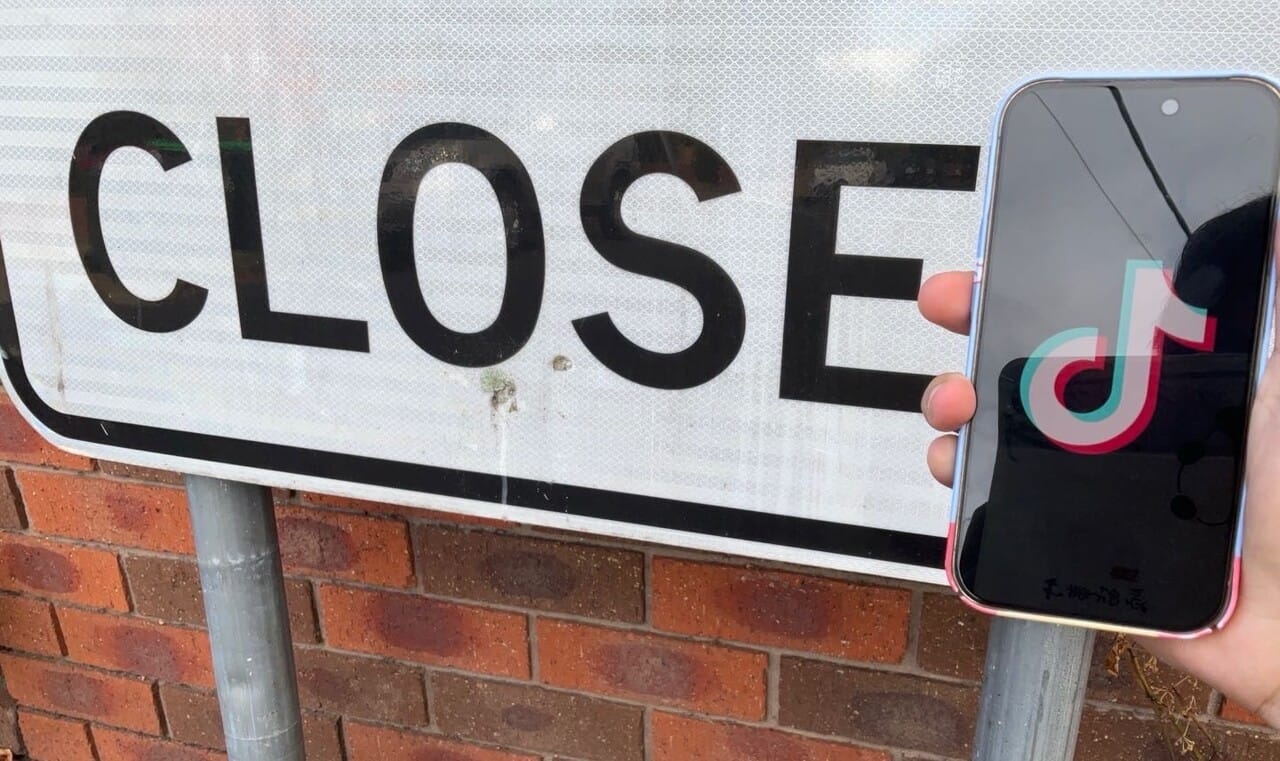
Popular media platform TikTok may seem inseparable from daily life for many young people, but some countries are considering banning it.
Last month the United States House of Representatives passed a bill that requires ByteDance, the China-based parent company of TikTok, to either sell the app or face a total ban in the US, CNBC reported.
Since emerging in 2017, TikTok has gained popularity worldwide. In 2018, its downloads surpassed renowned social media platforms such as Facebook, Instagram and YouTube.
ByteDance is under suspicion for helping the Chinese Government collect sensitive user data and promote propaganda on the platform.
Monash University media and communications student David Gu, who is from China, says it is unfair to ban TikTok.
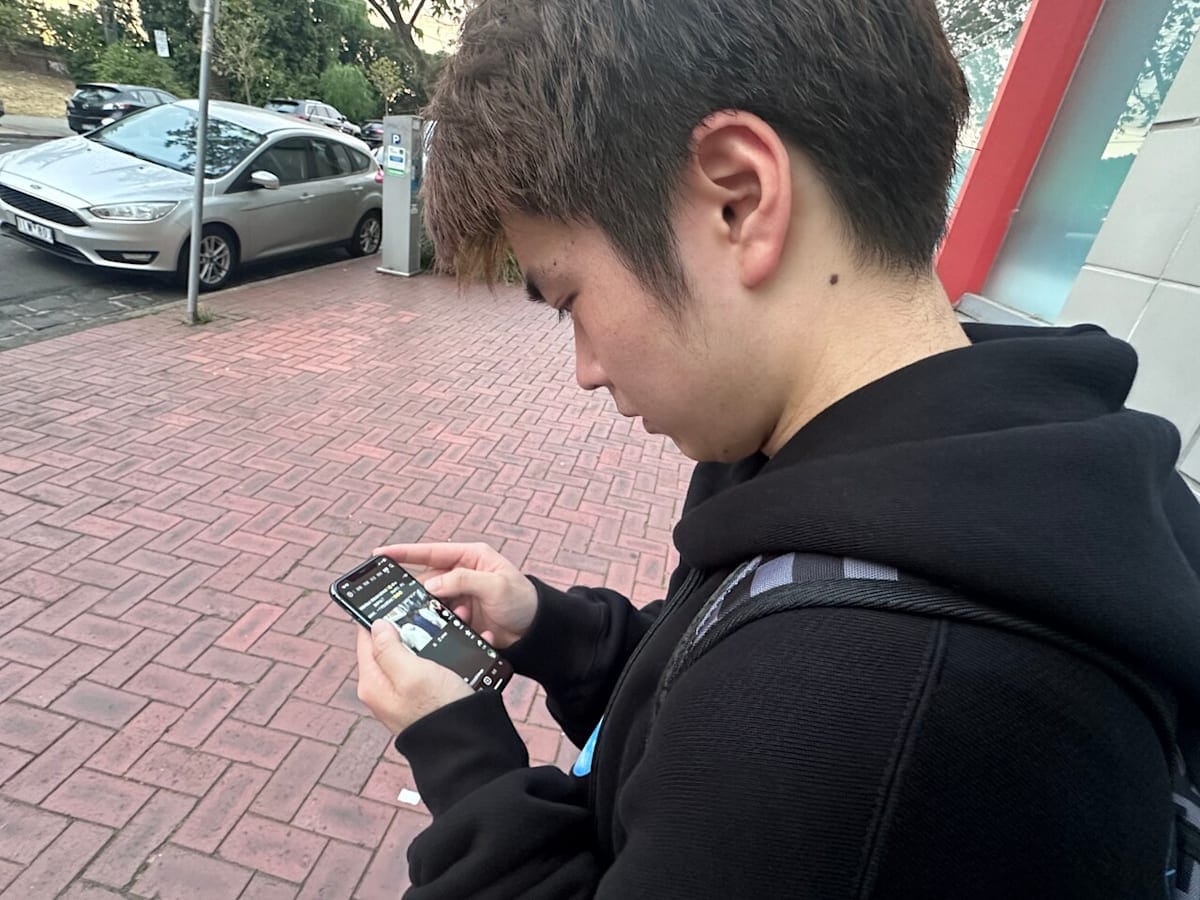
“As a Chinese national studying abroad, I think TikTok plays an essential role in my daily life,” Mr Gu said.
“TikTok not only shares news and entertaining videos, but also shares many useful skills,” he said. “Like, you can learn cooking or fitness tips via TikTok.
“And most importantly, TikTok can predict what you are interested in and recommend them to you. Every customer can get access to what they are interested in via TikTok.”
Gu is concerned about whether Australia will adopt a similar policy to America's potential ban on TikTok.
“It’s unfair to ban TikTok and I hope Australia will not ban it.”
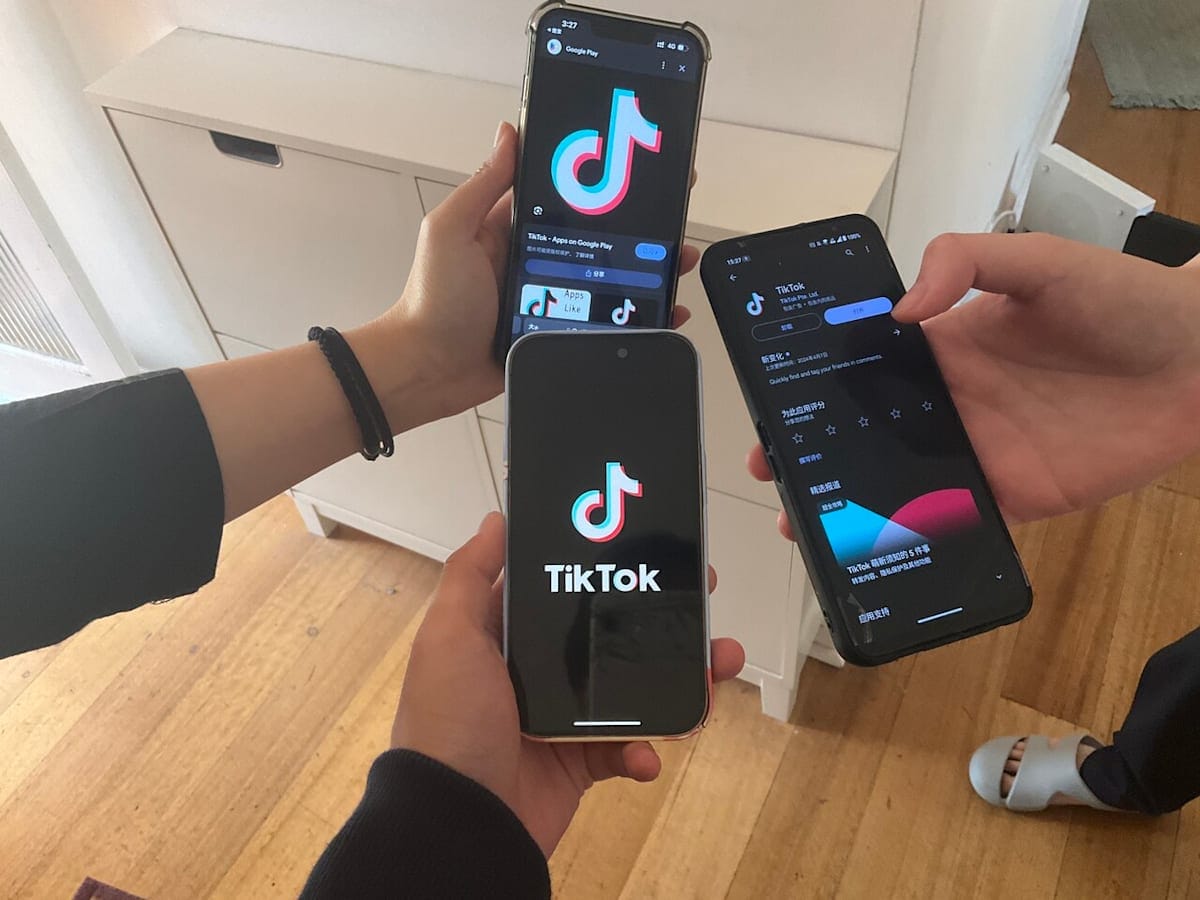
Olivia Tiralosi, a TikTok blogger with more than 1,400 followers, says banning TikTok would affect her daily life.
“TikTok, not only for myself but for so many others like me, has become such an ordinary part of life,” Tiralosi said.
“For me, it’s an outlet for expression; it’s a means by which normal everyday people such as myself can voice their opinions and actually be heard.”
Tiralosi said TikTok’s user base makes it more competitive compared to other social media platforms, and she thinks it’s unfair to ban TikTok.
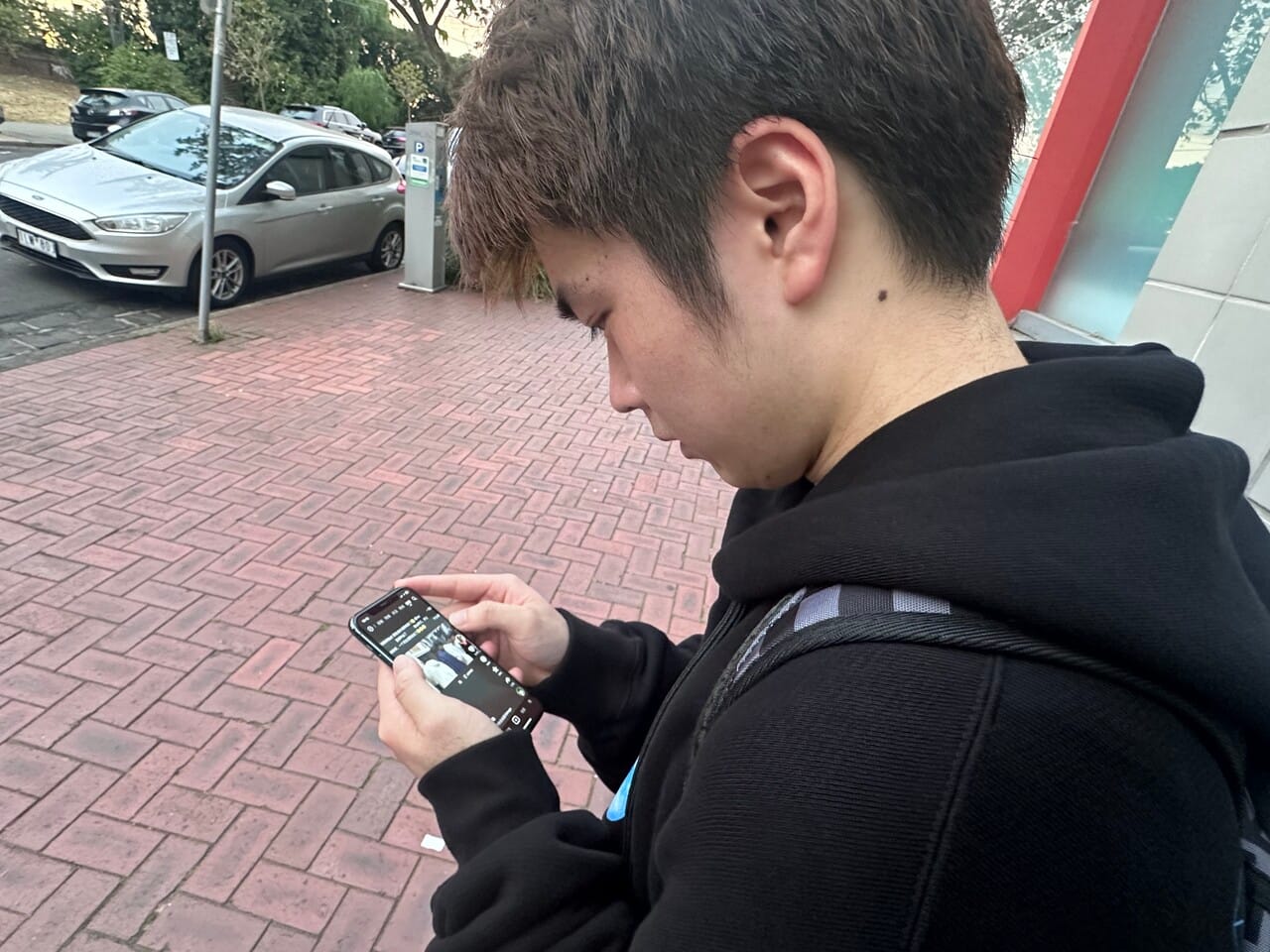
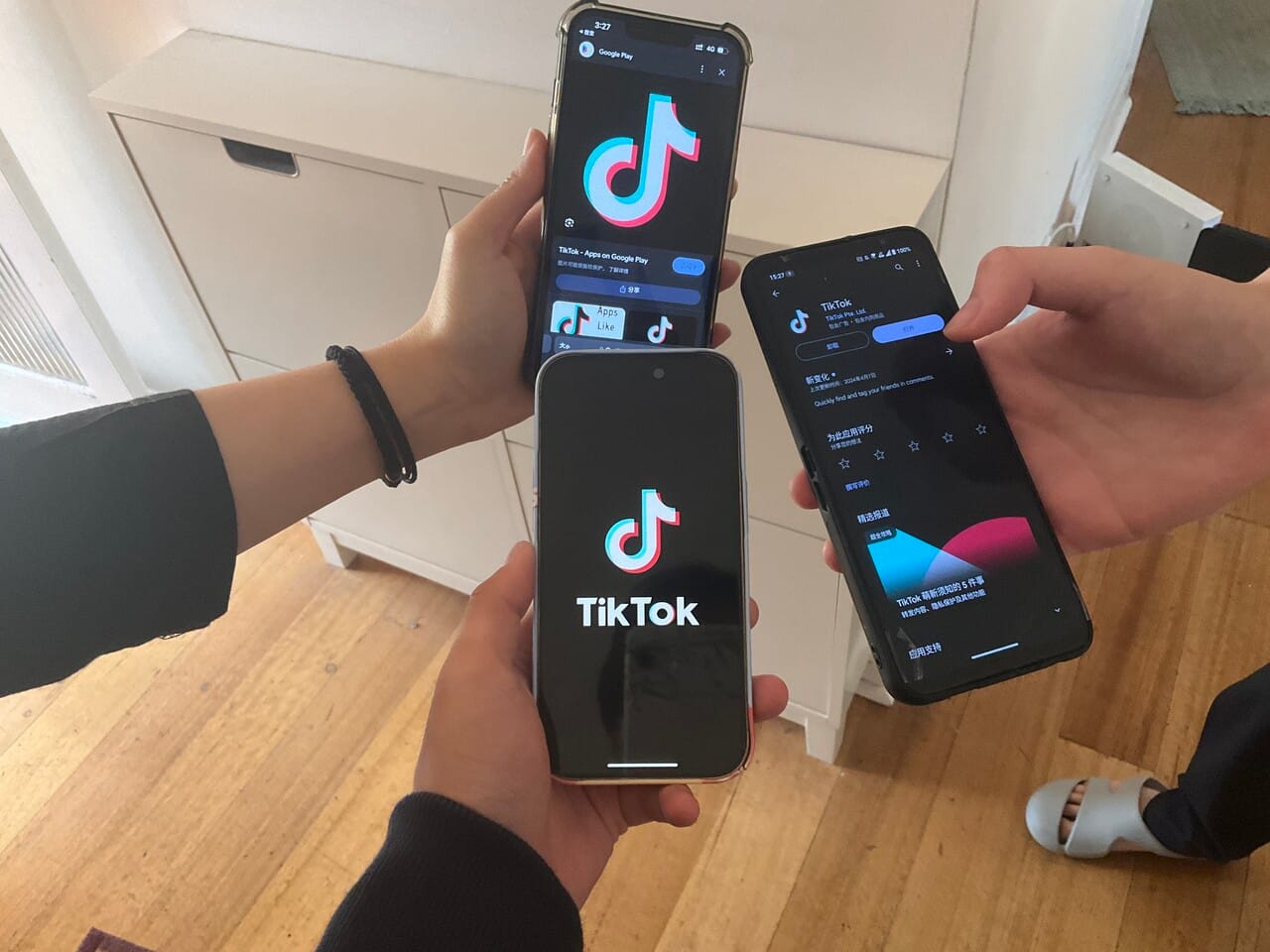

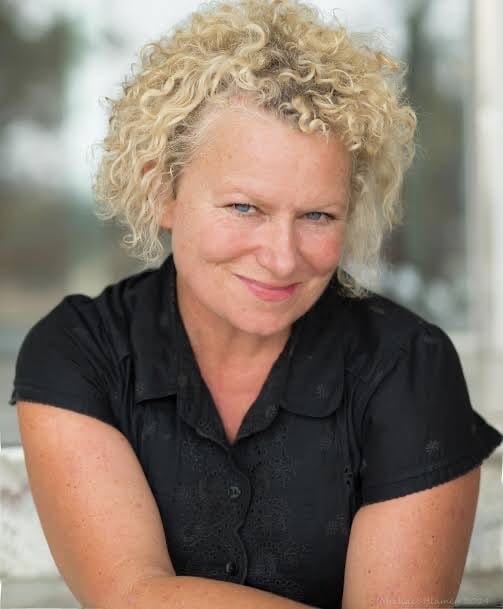
“In TikTok, there are so many people to connect with and hear from," she said.
“People fail to realise that TikTok isn’t just a space for entertainment; it can also be an educational platform, fundamental to representation and democracy in a world of advanced technology.”
Monash Head of Communication and Media Studies Dr Andy Ruddock said it’s complex to decide whether Australia should also ban TikTok.

“It isn’t easy to decide whether America is right or wrong, or whether Australia should follow or not,” Ruddock said.
“It’s pretty well known that social media companies do select and profit from sensitive data, sometimes even use it to manipulate elections, but the banning of particular platforms evades a larger issue.”
Ruddock said young people should think about how they use TikTok, instead of worrying about whether Australia will also ban the app.
“The question is not about TikTok and privacy; it’s about the privatisation of political communication,” he said.
“What we really need to think about is what you are going to do about a world where democratic political communication has been privatised.”
Monash Journalism senior lecturer Dr Andrea Baker said students should begin to consider other media platforms in their daily lives, if TikTok also faces a ban in Australia.
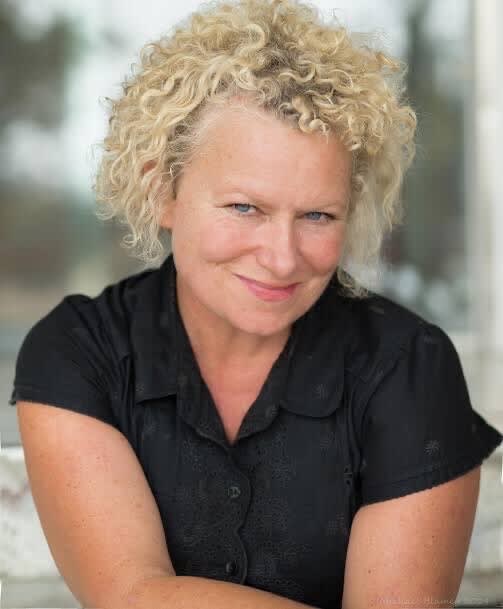
“Don’t be too worried about banning TikTok, because you can find other media platforms to help you in your daily life,” she said.
“Like, you can get access to Instagram, Twitter (X) or other platforms.
“If the Australian Government bans TikTok, there is nothing you can do but follow it, but we can still choose other platforms, not necessarily TikTok," she said.
“Maybe TikTok has had its day and it’s time to move on now.”


